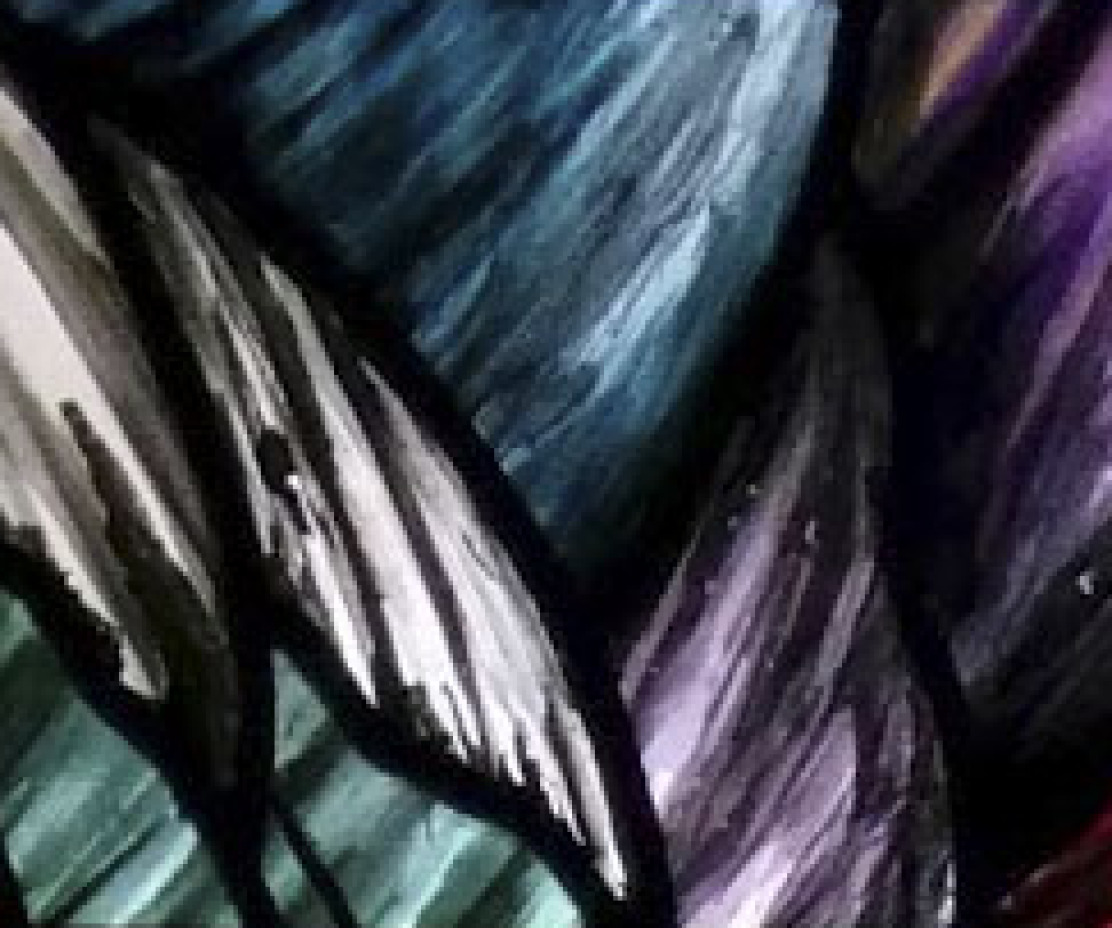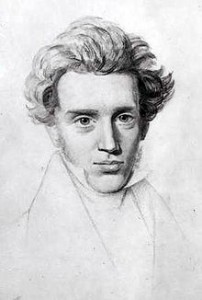Now there was a famine in the land. So Abram went down to Egypt to reside there as an alien, for the famine was severe in the land. When he was about to enter Egypt, he said to his wife Sarai, ‘I know well that you are a woman beautiful in appearance; and when the Egyptians see you, they will say, “This is his wife”; then they will kill me, but they will let you live. Say you are my sister, so that it may go well with me because of you, and that my life may be spared on your account.’ When Abram entered Egypt the Egyptians saw that the woman was very beautiful. When the officials of Pharaoh saw her, they praised her to Pharaoh. And the woman was taken into Pharaoh’s house. And for her sake he dealt well with Abram; and he had sheep, oxen, male donkeys, male and female slaves, female donkeys, and camels.
But the LORD afflicted Pharaoh and his house with great plagues because of Sarai, Abram’s wife. So Pharaoh called Abram, and said, ‘What is this you have done to me? Why did you not tell me that she was your wife? Why did you say, “She is my sister”, so that I took her for my wife? Now then, here is your wife; take her, and be gone.’ And Pharaoh gave his men orders concerning him; and they set him on the way, with his wife and all that he had.
Father’s day has just past and I have been reflecting on this passage for sometime now. And it seems appropriate that I write something on the Father of Faith, in light of father’s day.
When was the moment that you realized that your father was human? When did you realize that he couldn’t in fact do anything and everything? Was it when you were 6, challenging some other child in the schoolyard that your daddy can beat up their daddy? Was it when you became a teenager? When did your father stop being superman and become simply a man?
That moment when we discover that our fathers are human, flawed and just like the rest of us is a difficult time. It is the moment when your innocent is lost and is never to be recovered. You have, in many ways, just grown up and there is no going back.
That is how I feel ready this passage. The stories of Abraham, the Father of Faith, who took Isaac up the mountain to offer as sacrifice, fully ready to lose his son, while still being able to keep him. A man, a father, of the most confident faith.
Fear and Trembling is by far one of my favorite books by Kierkegaard, in which he delves deeply into this story. The story of the Knight of Faith, as Kierkegaard calls it, has captured my imagination for years; the kind of faith that few in the world will ever have or experience and even less understand. I have turned those pages over and over again wearing the binding while reflecting on my own journey of faith and ordained ministry.And reading today that Abraham, or I should say Abram, for he has yet to have his name changed by God, or climb that mountain with Isaac, I am left with a different view of the Father of Faith. A view that is compromised.
A view of a man who is willing to lie for self-protection and personal benefit, of a man willing prostitute his wife and give her to another to take into his house and marry, so that it may go well with him. A view of man who is selfish, uncaring, and unprotecting of his loved one.
And what was her crime, being to pretty.
The Father of Faith is much like any father I guess. To the young they are infallible, but as we grow in our faith, in age and in understanding, they become human and more like us: more fragile, more broken, and more sinful.
This is dangerous for we can become disillusioned in our own faith. Or we can chose instead to remember that even in all his brokenness and human failings God still loved Abram, renewed him as Abraham and brought him home.
In many ways I feel closer to Abraham now instead of the countless hours pouring over Kierkegaard. Abram actions have allowed me to see that even the most devout Abraham is still human, imperfect and flawed. In a strange way, this gives me hope.

